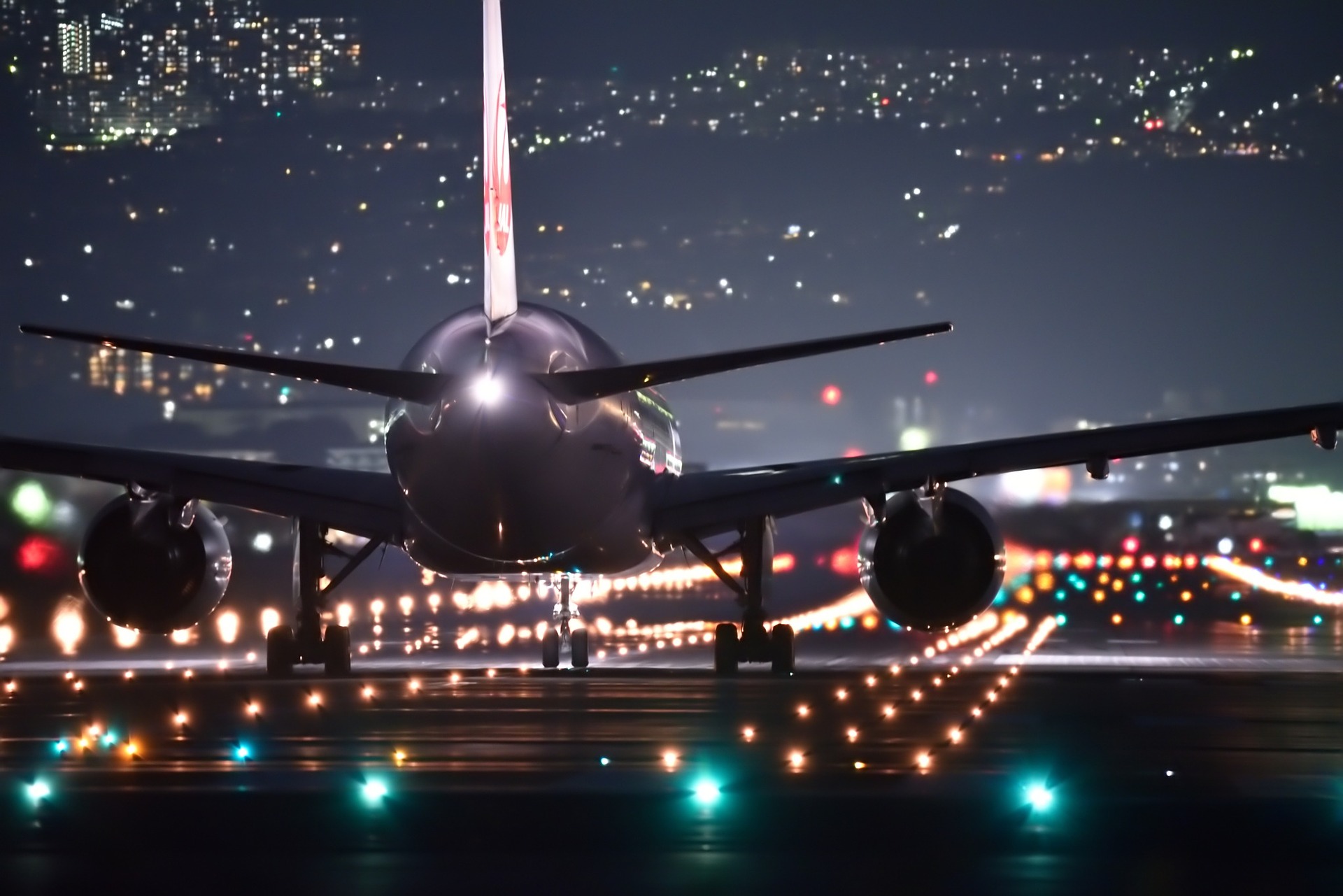Demand for flights on African airlines continues to recover post-pandemic, but aircraft and component delivery remains at a low level, forcing African airlines to rely on costly alternatives or halt their growth.
While passenger demand increases, particularly in the western and northern regions of the continent, African airlines are struggling to meet the growing need for capacity.
A seven-week strike by 30 000 Boeing factory workers in the US has been the latest blow to the aircraft manufacturer’s production lines and its ability to supply aircraft.
“Boeing’s output has been restricted by the FAA until it has satisfactorily addressed its quality control. This has been compounded by the current prolonged labour strike at Boeing, which then brought production to a standstill,” says Linden Birns, aviation PR consultant and MD of Plane Talking.
This, along with delays from other manufacturers like Airbus and Embraer, creates ongoing challenges for airlines in securing additional capacity. Many international carriers are resorting to taking their older, economically viable aircraft out of retirement or storage.
“Supply across the continent remains significantly behind demand compared with the period before COVID-19, particularly in the Southern Africa region,” says Tebogo Tsimane, Chief Commercial Officer of SAA.
Impact on African airlines
Air Botswana recently told Travel News that the delay to its Gaborone-Windhoek-Durban route was caused by a delay in the delivery of the Embraer aircraft intended for the route.
According to multiple reports, other African airlines affected by delays in aircraft delivery include Ethiopian Airlines, Kenya Airways and TAAG, who have all placed orders for new aircraft.
“The delay in aircraft deliveries is hampering planned growth for most African carriers, as they are unable to bring in new capacity. African carriers will struggle to re-fleet, as slots for new aircraft from both Boeing and Airbus are not available any time soon. This will either force airlines to further delay their expansion plans or commit to acquiring second-hand aircraft instead of new ones,” says Tsimane.
African airlines look for alternatives
Birns explains that very few airlines in Africa and Southern Africa are in the market for brand-new aircraft.
“African airlines that do not have strong balance sheets or government-backed guarantees, struggle to pay or arrange finance and insurance for new aircraft, as the cost of financing has also risen, and interest rates in our market are quite high compared with Europe, the US or Asia.”
Additionally, the depreciation of local currencies against the dollar, along with inflation and the elasticity of the local travel market, compel African airlines to depend significantly on the secondary aircraft market.
However, Tsimane explains that the second-hand aircraft market is also suffering due to ongoing supply chain issues in the components overhaul sector for second-hand aircraft, further driving up operating costs and leading to poor flight schedule reliability.
“This is partly because component manufacturers are being cautious after being burned badly when demand dried up overnight with COVID, but also because they cannot afford to have inventory sitting idle on their factory floors while Boeing is struggling. This affects the production of new aircraft and the availability of spare parts for in-service planes,” Birns confirms.
Another impact of the manufacturers’ delays is increased costs as airlines are forced to seek short-term capacity through wet leases. Rates for aircraft have shot up in recent months due to high demand – leasing companies are taking full advantage of this, says Birns.
“In South Africa, the situation is compounded by the perceived risk, e.g. 24 years after hosting the signing of the Cape Town Convention, our legislation has still not been amended to accommodate it, so airlines cannot benefit from the lower lease and finance rates that would be available if the Convention’s protections were enshrined here,” says Birns. (The Cape Town Convention was signed to facilitate cross-border financing and leasing of high-value mobile assets, primarily aircraft and rail equipment.)
Lastly, because most African airlines are small, it is difficult for them to influence manufacturers and implement enabling legislation.
“Therefore, industry bodies such as IATA and AFRAA have become critical vehicles that should be used to influence the resolution of supply chain issues in aircraft supply, as well as component overhaul and repair,” concludes Tsimane.

